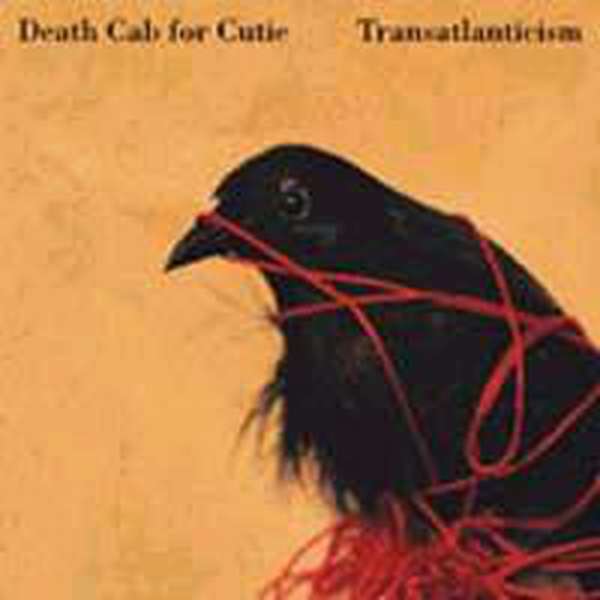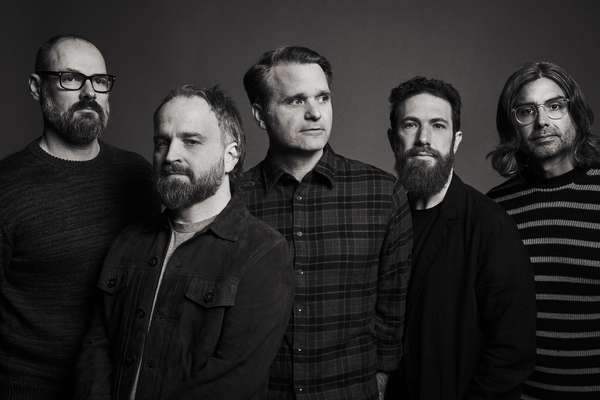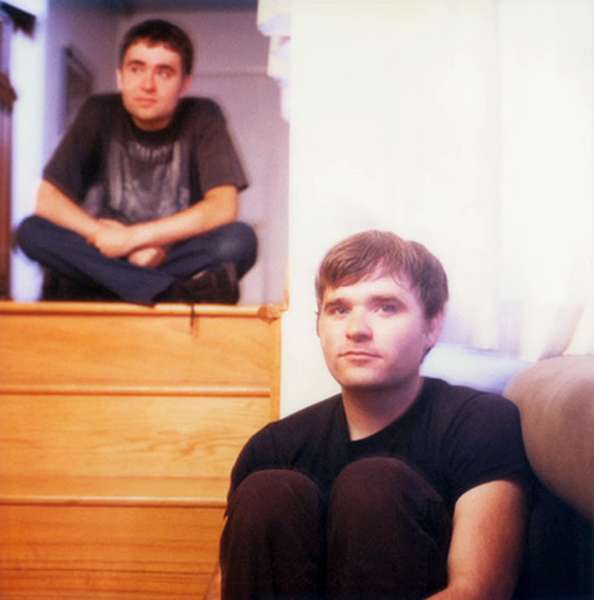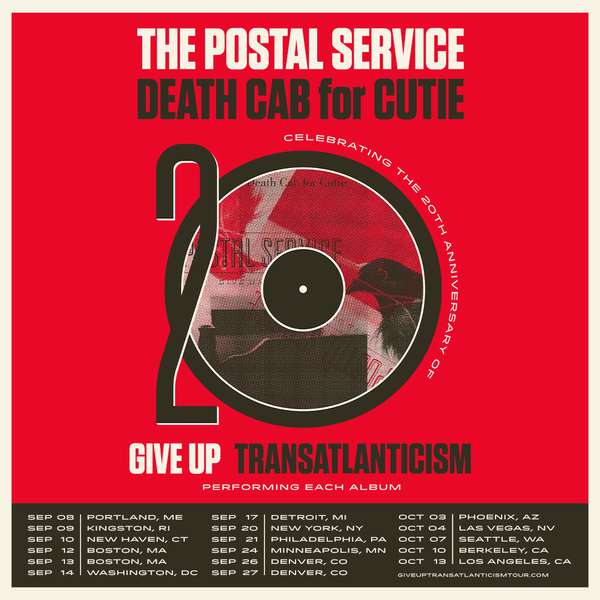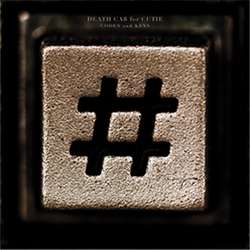The members of Death Cab For Cutie equal far more than the sum of their parts; this much has been evident since a small, unknown label from Seattle named Barsuk released Something About Airplanes back in 1999. In the four years since that record, the band has released three 7" singles, two EPs, four full-lengths, and one compilation of singles, resulting in an astounding amount of songs numbering in the low 60s, most of which are of great quality, in terms of songwriting, performance, and the band's own in-house production capabilities. The band's consistency is their curse though, as every record is greeted with hesitation, as if this might be the record where the band flops. Transatlanticism is not that record. In fact, I might go out on a limb and call it their best record. Ever. It's a thematically linked set of songs that recalls heartbreak and sorrow better than nearly any record I've heard in recent days, because the entire theme is plausible: distance between lovers that tears the affection to bits. There's no melodrama, no rage, just the captured sound of loss amplified and made beautiful. Unlike their other records, this isn't the kind of record to put on at a social gathering. It's the kind of record you listen to on a long drive in the middle of the night, or lying in bed with your significant other as the rain beats against your window. The record effortlessly ebbs and flows, continually climbing through small peaks and valleys until it reaches the title track, a seven minute epic that remains somehow timeless, due to the flow of the record mainly, and then the record gradually falls back down until its stop. Along the way, you'll encounter "The New Year," with crashing guitars in its verses and tense choruses that leap at you from the speakers; "Tiny Vessels," which might be the most remorseful song Ben Gibbard has ever penned; "Passenger Seat," a slow narrative of riding in a car and watching the stars, buoyed by Gibbard's vocals and a lone piano; "We Looked Like Giants," a tale of sexual discovery made majestic and anthemic; and the aforementioned title track, which is quite simply the best song the band has ever written. As with all of their previous records, this Death Cab record takes a few spins to get into, but once it hits you, it hits hard. The album leaves an impression that won't soon be forgotten by anyone who's experienced loss. Call it emo. Call it mopey. Call it incredible. Call it the low-key rage-free counterpart to Cursive's Domestica. I simply call it the sound of a band touching upon a universal theme and succeeding admirably, and being highly deserving of any and all praise that should be heaped onto them in the future.
